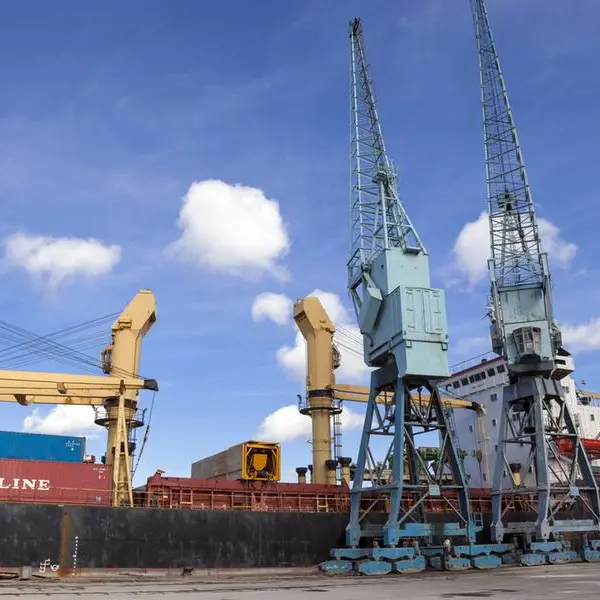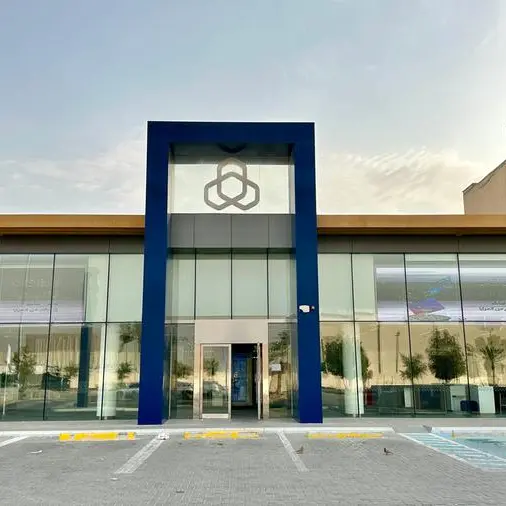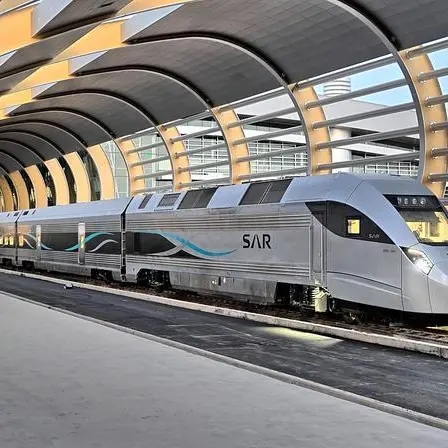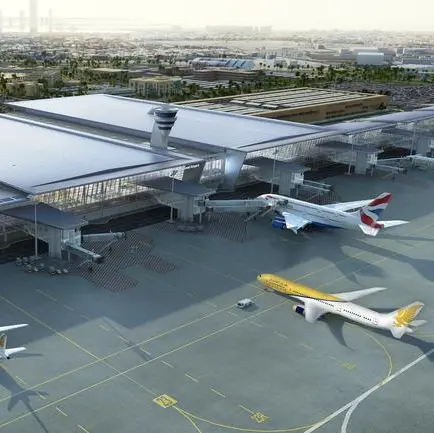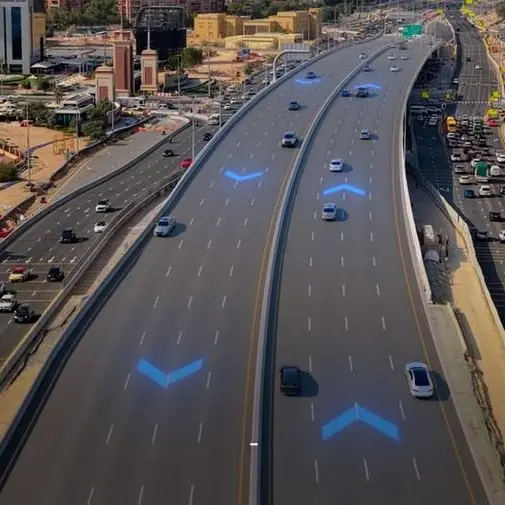PHOTO
DP World has announced that at least 5.0 per cent of its short-sea shipping would be powered by zero-emission fuels by 2030 through hybrid-electric and methanol-enabled vessels.
The Dubai-based global ports operator said at COP28 that it has joined the First Movers Coalition (FMC) by setting this target of 5.0 per cent by 2030, making clear its commitment to decarbonisation through the adoption of emerging technologies to accelerate a green and inclusive transition to a net zero future.
The company, which operates ports around the world from Buenos Aires to Hong Kong, currently manages 9.0 per cent of the world’s handling capacity and is among the top five global ports operators. Given that the world’s 100,000 commercial vessels consume around 300 million tonnes of fuel every year making shipping accountable for around 3.0 of global carbon emissions, the move by DP World would set a trend.
"Joining the First Movers Coalition is a clear signal of our intent to tackle the climate impact of our operations, while maintaining the efficient flow of global trade,” said Sultan Ahmed bin Sulayem, DP World group chairman and CEO.
“Electrification and alternative fuels are integral components of our sustainability strategy, playing a pivotal role in significantly reducing emissions in our business and tracking towards our ambitions to be carbon neutral by 2040 and net zero by 2050. Driving demand for new fuels and technology will be key to creating an efficient market that works for everyone," said Sulayem.
Jesper Kristensen, group CEO, Marine Services at DP World, said decarbonisation is a core focus for DP World. “As part of the First Movers Coalition, we're able to work collectively with like-minded organisations to actively drive positive change. The entire supply chain, from producers to distributors to shipping companies, must come together to facilitate the decarbonisation transition – this is because the ambition to drive this change can only happen when all players of the supply chain move from commitment to action together.”
FMC, led by the World Economic Forum and the US Government, is dedicated to addressing the decarbonisation challenges of seven hard-to-abate sectors -- aluminium, aviation, chemicals, concrete, shipping, steel and trucking -- which collectively contribute to 30 per cent of global emissions. As a collective of leading industry players, the members work to aggregate their purchasing power, prompt more investments in zero-emission solutions, and scale their production.
The FMC currently has more than 90 members, whose commitments will represent an annual demand of $15 billion for emerging climate technologies and 29 million tonnes of CO2 equivalent in annual emissions reductions by 2030.
Meanwhile at COP28, DP World and APM Terminals (APMT) have announced the establishment of the Zero Emission Port Alliance (Zepa), an industry-wide strategic collaboration aimed at accelerating the transition to zero emissions for container handling equipment (CHE) at ports. The ZEPA membership is available to all industry participants, including terminal operators, port authorities, and government bodies, according to APMT. The alliance will begin operations in early 2024.
During a session to announce the alliance at COP28, APMT and DP World explained that Zepa will work to increase industry-wide adoption of battery-electric CHE and catalyse further emissions reductions at ports.
Copyright © 2022 Khaleej Times. All Rights Reserved. Provided by SyndiGate Media Inc. (Syndigate.info).


